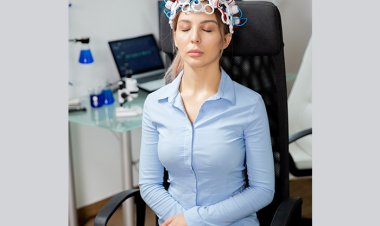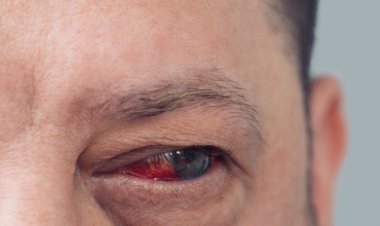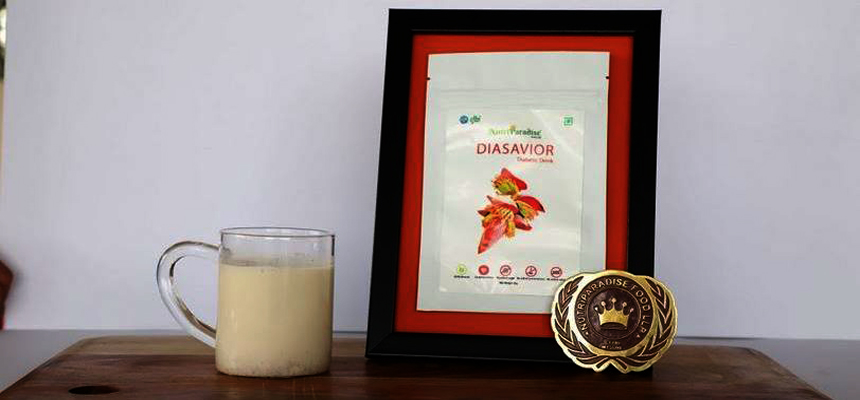Women with epilepsy – keeping them safe in pregnancy

Nearly 1.5 million women of reproductive age in India affected by epilepsy, say experts on National Epilepsy Day
The alarming figure of around 1.5 million women in India who are of reproductive age who suffer from epilepsy underscores the urgent need for specialised care and assistance. Experts state that despite medical progress, this group still faces several obstacles, such as increased infertility rates and the teratogenic consequences of antiepileptic medications.
"Epilepsy is a neurological disorder characterised by recurrent seizures that affects approximately 50 million people worldwide, with a significant portion residing in India, where 10–12 million people are affected," said Dr. Siby Gopinath, an epileptologist and professor of neurology at Amrita Hospital, Kochi.

Even though epilepsy is quite common, there is still a significant treatment gap, especially in low-resource settings like rural India. Due to the particular difficulties associated with pregnancy, women with epilepsy who are of reproductive age—approximately 1.5 million in India—need special treatment. Concerns including higher rates of infertility and the teratogenic consequences of antiepileptic medications (AEDs) are serious ones.
Causes
Effective care of epilepsy necessitates an understanding of its various causes, which include brain anatomical abnormalities and metabolic disruptions. The prevalence of epilepsy in India is greatly increased by neuroinfections, head trauma, and anomalies in metabolism, particularly in women who are fertile. The impact on children is particularly significant; it peaks between the ages of one and twelve and is highest during the first year of life. Because there are so many seizure imitators, it can be difficult to diagnose children; therefore, skilled paediatric neurologists must evaluate them.
Diagnosis
Thorough neurological exams and sophisticated neuroimaging tests, like electroencephalograms (EEG) and brain scans, are essential for an accurate diagnosis. Epilepsy burdens are significantly reduced in both mothers and children when preventive interventions focused on fall and injury prevention, enhanced prenatal care, and addressing modifiable risk factors are implemented.
Treatment
Pharmacotherapy, surgery, brain-stimulating medications, and dietary changes such ketogenic diets are all available forms of treatment. On the other hand, problems such as drug-resistant cases highlight the need for personalised precision medicine techniques and alternative medicines.
Unfortunately, epilepsy patients have a higher chance of dying young, typically losing 2 to 10 years of life. Injury, status epilepticus, drug toxicity, sudden unexpected death in epilepsy (SUDEP), infections, and suicide are among the causes of mortality in epilepsy, underscoring the importance of comprehensive treatment for epilepsy patients that goes beyond seizure control.
"Screening for epilepsy is vital for early detection and timely intervention," stressed Dr. Ashok Pillai, Clinical Professor, Amrita Advanced Centre for Epilepsy, Surgical Oncology, Neurosurgery, and Amrita Hospital, Kochi. Important measures to avoid epilepsy include putting healthcare practices into place, managing births carefully, and following vaccine schedules. For women and children affected by epilepsy, early detection and awareness are crucial to prompt care and improved overall well-being."


 Disclaimer: Welthi.com does not guarantee any specific results as a result of the procedures mentioned here, and the results may vary from person to person.
Disclaimer: Welthi.com does not guarantee any specific results as a result of the procedures mentioned here, and the results may vary from person to person.









